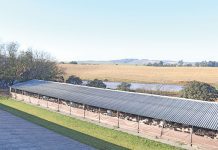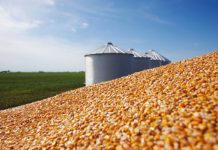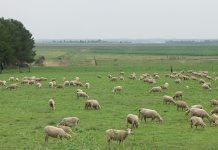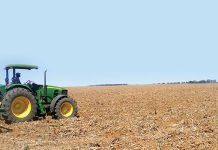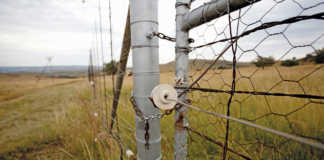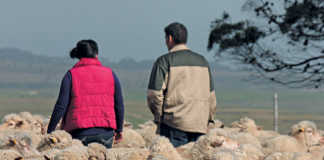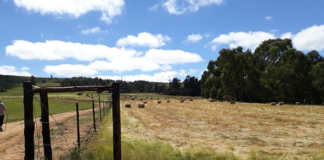The objective of any business is to make a profit, and farming is no different. To make an enterprise work, reason and good judgement, rather than emotion and sentiment, are needed. Once a buyer has decided to buy a farm, he needs to understand the different types of sale. These are:
- Buying a going concern, which has value added tax (VAT) implications;
- A normal property transaction, where transfer duties apply.
- Often buyers forget that extra funding has to be available to pay the tax portion of the purchase price.
VAT-registered
A VAT-registered seller must add the 14% VAT payable to the purchase price. If both seller and buyer are VAT-registered, the transaction is zero rated, meaning the 14% isn’t payable. A certificate may be obtained from SARS confirming this.
Transfer duties
Transfer duties (which is a form of taxation) are payable when there’s no VAT involved. Previously, this duty was cheaper when an individual registered a new farm or home in their own name rather than buying it as a trust or company but, currently, there’s no distinction and the same transfer duty applies to all buyers.
Other costs
Added to the transfer duty is the attorney’s conveyancing fee, the Deeds Office fee and bond registration costs. To repeat,
this is in addition to the purchase price and needs to be budgeted for. Both seller and buyer must have their tax affairs in order.
If this isn’t the case, it could delay the transaction for a considerable period as SARS will not issue the relevant certificates allowing transfer to take place.
Don’t forget labour
When you buy a business today you buy the labour, thanks to the Basic Conditions of Employment Act. So, before making a final decision, check the farm workers’ contracts. According to the act, there should be a contract for every person employed. Find out about housing contracts for those residing on the farm. Potential buyers have, at times, thought that labour can simply be moved off the farm, or have their employment terminated. Your new farming business can suffer badly if there’s a misunderstanding. For example, a person who has resided on a farm for 10 years and has attained the age of 60 may have the right to remain on the farm.
Next issue: What to do after moving in.
Contact Susan Pletts at 082 572 3724, or [email protected].

